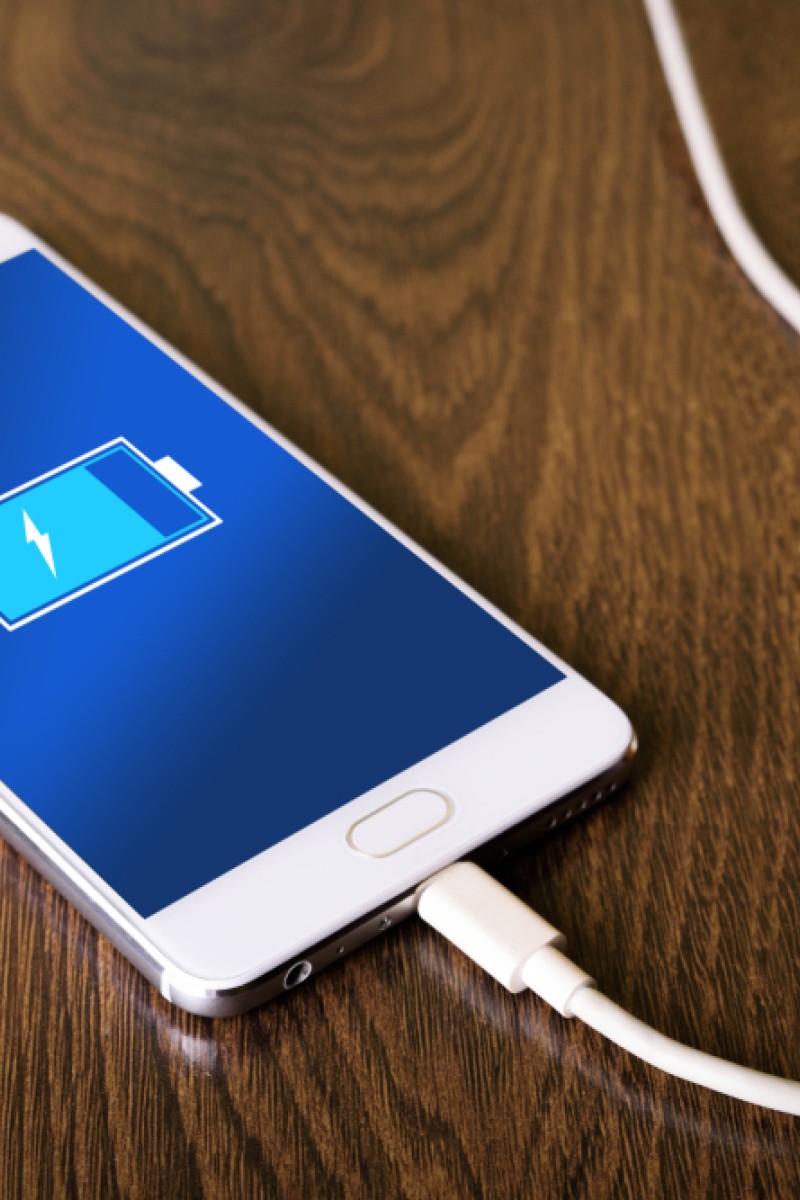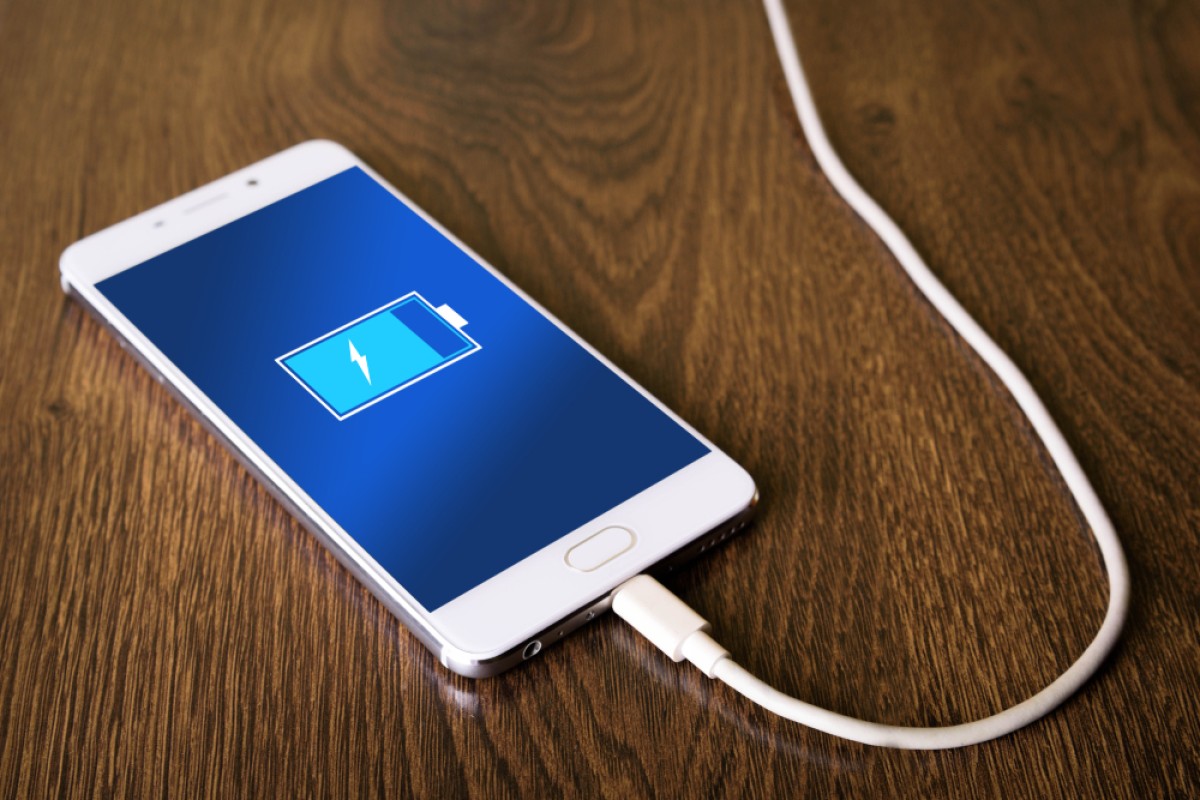
How to charge your phone to optimise the battery’s lifespan
Don't let your phone overheat and stop charging it at night, says a City University battery expert

You might not chase trends and splurge on the latest model of smartphone, but even the thriftiest phone user eventually finds their handset slowing down and the battery draining faster and faster until you need a new one.
We spoke to Dr Denis Yu Yau-wai, a battery expert at City University, about the science behind the battery, how to make it last as long as you can, and to dispel some old misconceptions about charging it.
Modern smartphones are powered by lithium-ion batteries. The battery’s world-changing inventors, John B. Goodenough, Stanley Whittingham and Akira Yoshino, shared the 2019 Nobel Prize in chemistry.
5 places in HK you can recharge your phone for cheap or free when your battery dies
This type of battery is ideal for phones because it is lightweight and energy-dense, Yu explains. Different applications call for different tools, and the Li battery, as it is called, fits the consumer electronics market.
To compare it to another kind of battery, the lead acid battery used in cars, you can get power with less weight and the materials are less hazardous, but you pay the price in dollars as lead acid batteries are cheap in comparison.
“The biggest factor in how long a battery lasts is how much you use it,” Yu explains. For example, closing power-consuming background apps can help save power. “Screen brightness and background colour will also affect battery life. A black background really does save power, including ‘night mode’ settings using dark backgrounds and white text.”
Is nanotech the next big breakthrough in longer-lasting batteries?
By being thrifty with power use, you can get the most out of the limited charge cycles of your battery.
“A typical phone battery will lose 20 per cent of its capacity every 300 charges from 0-100 per cent. While that is improving, if you charge your phone once a day, that drop will happen within a year,” he says.
And that drop is largely unavoidable. Yu describes the loss as wear and tear on the battery from usage, as well as bad side reactions happening inside the chemicals that make up the battery.
“The energy of the battery comes from the lithium ions inside it moving around. Imagine the ions ‘getting stuck’ and stopping. As you use the battery, more and more ions get stuck.”
But there are still ways to extend the life of your battery. One way is to avoid charging it from 0-100.
“The voltage of the battery increases during the charging process, and a high voltage will cause more of those harmful by-products. Just charge it to 80 or 90 per cent,” he says, dispelling an old myth about the best way to use a battery by fully discharging it before charging. “Old phones in the 1980s used nickel-cadmium batteries and those had something called the memory effect. New smartphones don’t have that issue.”
Yu also confirms another piece of advice: keeping your battery at around 50 per cent charge causes the least stress. “In space exploration, you can’t replace a battery on a satellite. Limiting the usage range in the centre will extend the life of a battery.”
One of the most important things to pay attention to is the temperature of the battery, and the general rule is that heat is bad for battery life.
“For example, leaving your phone in a car under the sun for a long time can hurt your battery,” he says. But at the other extreme, Yu warns of keeping your phone in too cold a place. “Putting your phone in the fridge doesn’t really make sense, but in theory, putting a spare battery in cold storage will help by slowing down bad side reactions,” he laughs.
Another thing to be concerned about is overcharging and trickle charging. This means charging too much and constantly stressing the battery by charging it from 99 to 100 per cent. So charging your phone overnight might be convenient, but it could shorten the life of your battery.
Overall, taking care of your phone battery is a matter of paying attention and encouraging good habits.
